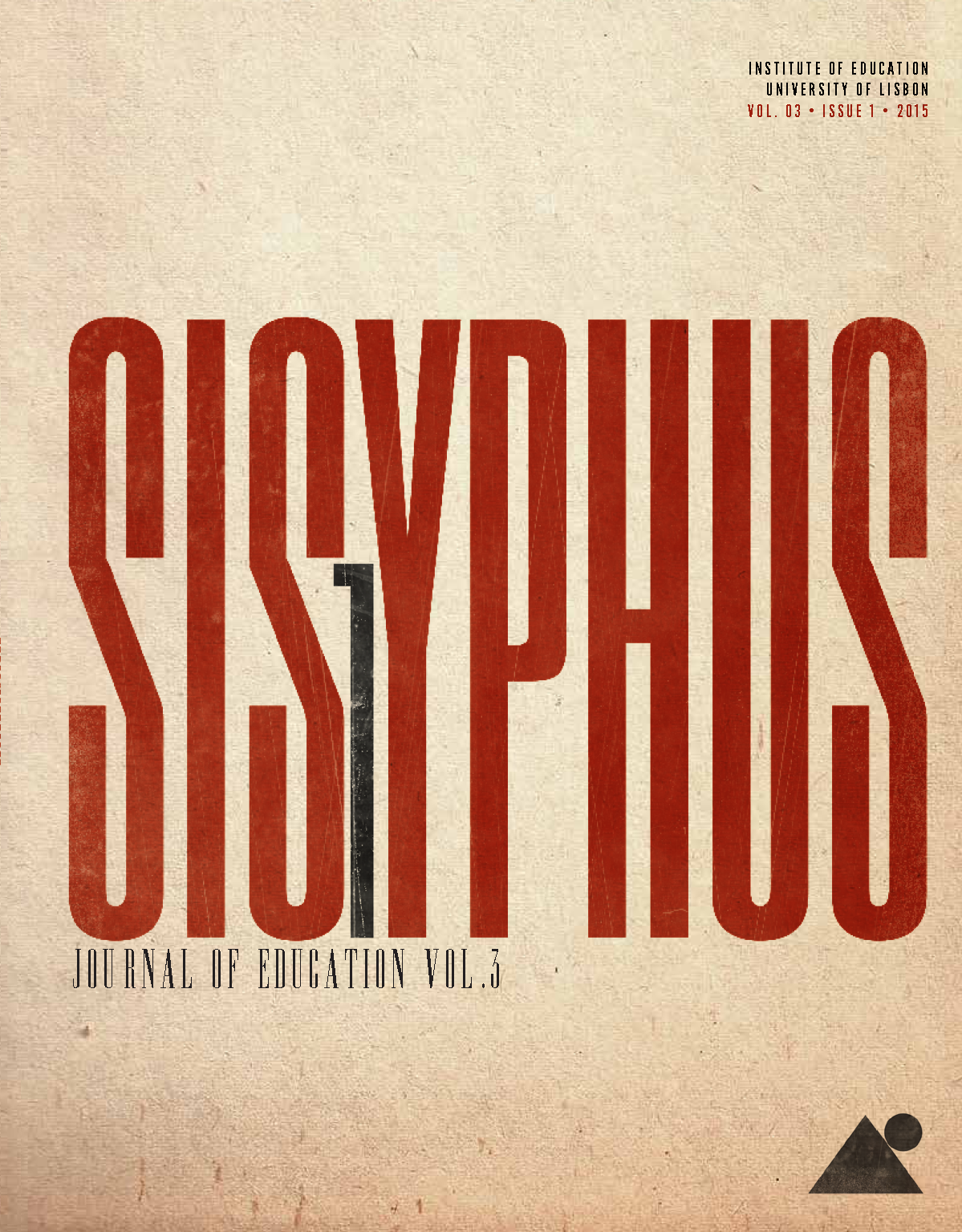A Critique of Knowledge-based Arts Education: Ars Gratia Artis Through Rancière’s Aesthetics
DOI:
https://doi.org/10.25749/sis.7724Palavras-chave:
Rancière, Knowledge, Aesthetics, Equality, Arts Education.Resumo
We are interested in contrasts between ‘art for art’s sake’ and instrumental justifications for art in education. Surprisingly, it seems that current mainstream discourses of arts education tend to inflect the term ‘art for art’s sake’ with instrumental qualities. This paper examines the scene of Discipline-Based Arts Education (DBAE) in contemporary United States and critiques the instrumental setup of ‘art for art’s sake’ endorsed by DBAE. It also suggests an alternative framework to think about ‘art for art’s sake’ in the education of art from Rancière’s political and aesthetic theory.Downloads
Downloads
Publicado
Edição
Secção
Licença
O Copyright (c) pertence à Sisyphus – Journal of Education. No entanto, encorajamos que os artigos publicados na revista sejam publicados noutros lugares, desde que seja solicitada a autorização da Sisyphus e os autores integrem a nossa citação de fonte original e um link para o nosso site.
Política de auto-arquivo
É permitido aos autores o auto-arquivo da versão final publicada dos seus artigos em repositórios institucionais, temáticos ou páginas web pessoais e institucionais.
Subscritor DORA
O Instituto de Educação da Universidade de Lisboa, editor da Sisyphus, é um dos subscritores da Declaração de São Francisco sobre Avaliação da Investigação (DORA).





